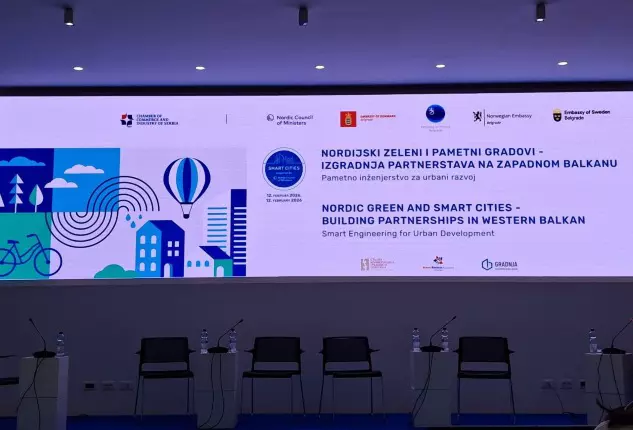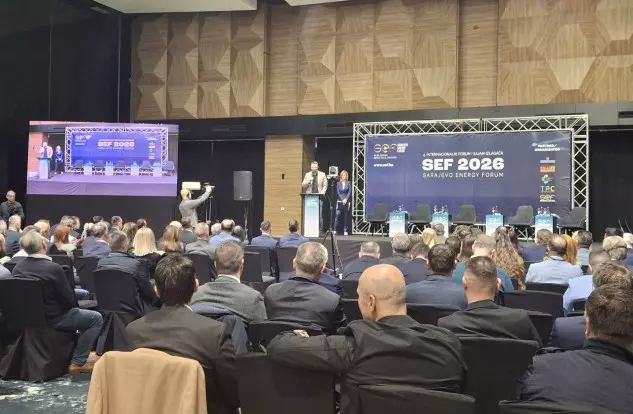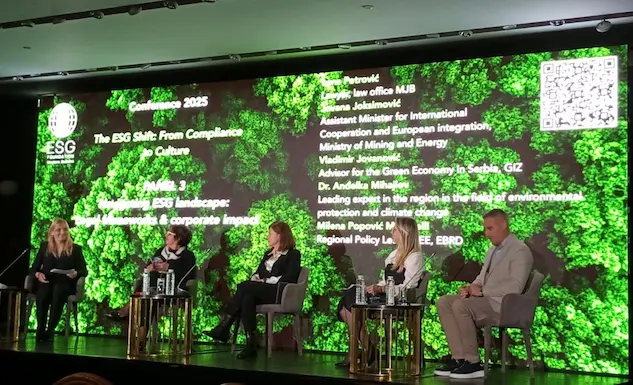Last week marked the end of EU Green Week – a series of Europe-wide events focused on helping societies adapt to climate change and improve urban quality of life. The Bloomberg Adria Serbia «Sustainable Strategies»conference was a fitting closing point for this year’s regional program. Well-organized, focused, and rich in insights, the event brought together businesses, financial institutions, and policymakers to share strategies for a sustainable future. Here is what stood out.
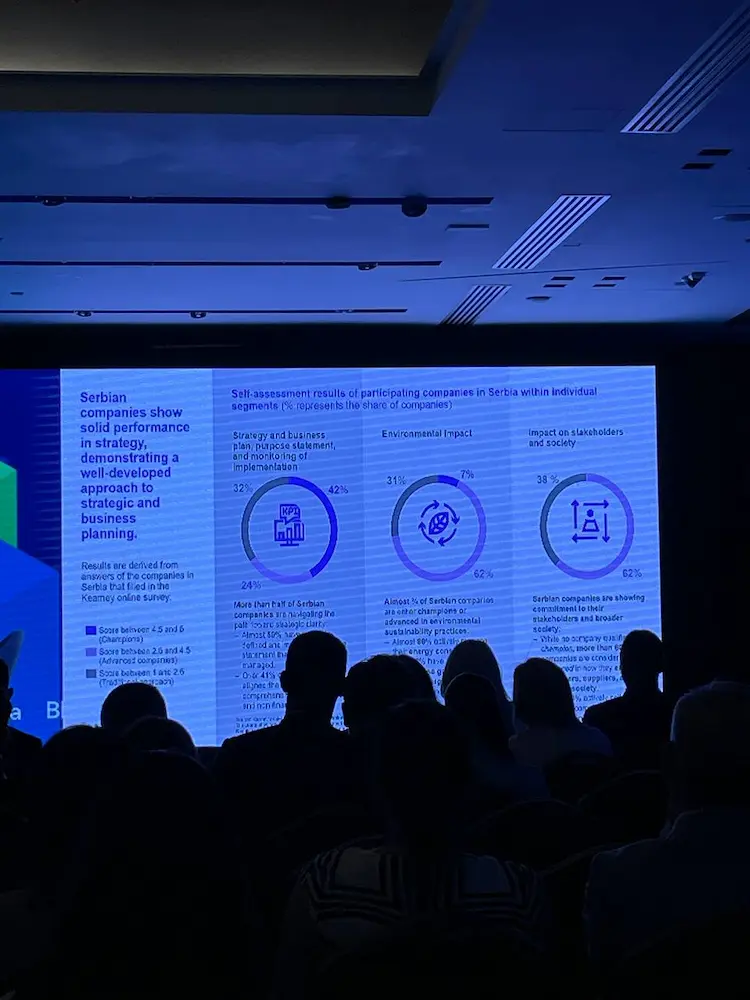
The green agenda isn’t going anywhere
Even with ongoing global uncertainty, sustainability remains at the top of the global agenda. Corporations continue to invest in climate action. Support for green transition projects in the Global South is growing. Research institutions remain committed to studying climate risks and adaptation. Damien Sorrell of the European Investment Bank confirmed: the EU will triple green energy investments in the region. Carbon Border Adjustment Mechanism (CBAM) will push systems change across the Western Balkans.
From ideology to pragmatism
The conversation around climate is becoming more grounded. Governments and companies are now linking ESG goals with real-world issues. Serbia’s Minister of Energy, Dubravka Djedović Handanović, pointed out that while national priorities remain central, sustainability has become a consistent part of Serbia’s energy planning.
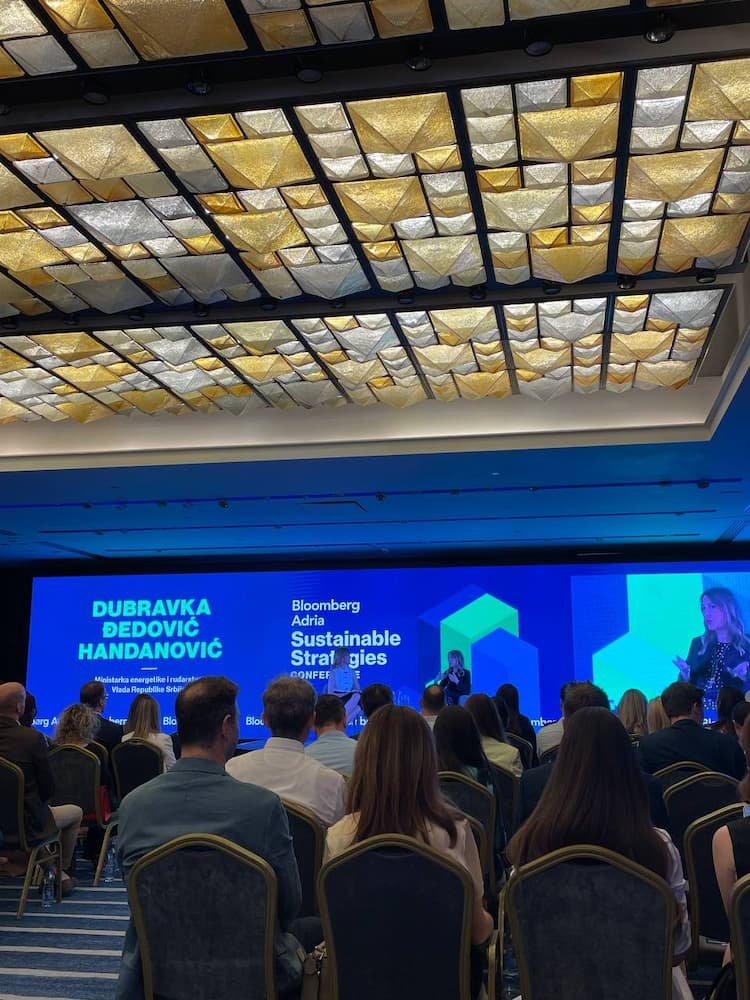
Big business drives green innovation
Large companies are playing a visible role in pushing green solutions forward. For example, MasterCard shared a strong ESG case. Their Carbon Calculator helps customers track the carbon footprint of everyday spending. The company also support startups in sustainable urban mobility — a great example of ESG as infrastructure, not just a KPI. Coca-Cola HBC’s Nina Elezović added more: industrial water reuse, jobs protection, and nature-based restoration projects in the Upper Danube.
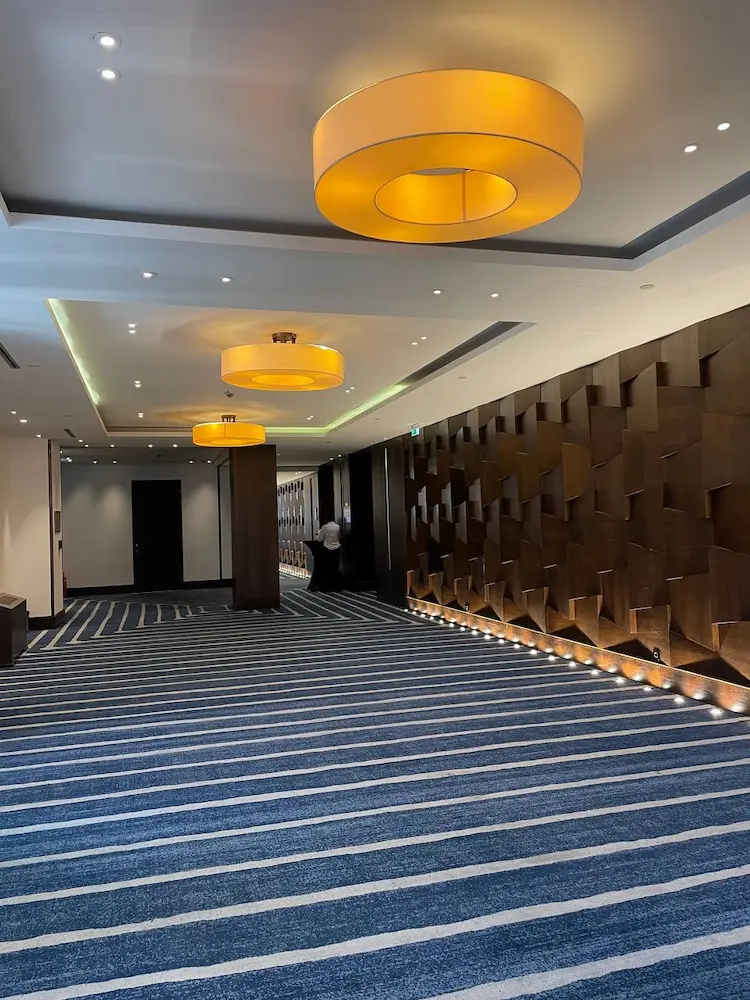
AI: big promise, big pressure
Artificial intelligence continues to attract attention and investment, but it brings new challenges. Cities race to lead the AI economy, but data centers strain the grid. Ilija Bogunović from UCL raised a key question, how we make AI more energy-efficient. His work on active learning methods could cut data center loads by 50%. That’s the kind of digital sustainability we urgently need.
At the Bloomberg Adria Serbia “Sustainable Strategies” conference, sustainability was discussed not just as a long-term goal, but as a present-day strategy. With concrete tools, shared challenges, and practical approaches, the event showed how the region is preparing for a more resilient future.
About the author: Semyon Gudkov, Sustainability Analyst and Founder of the NGO Pulse Urban Alliance (Belgrade)
You can read more about other events here.
